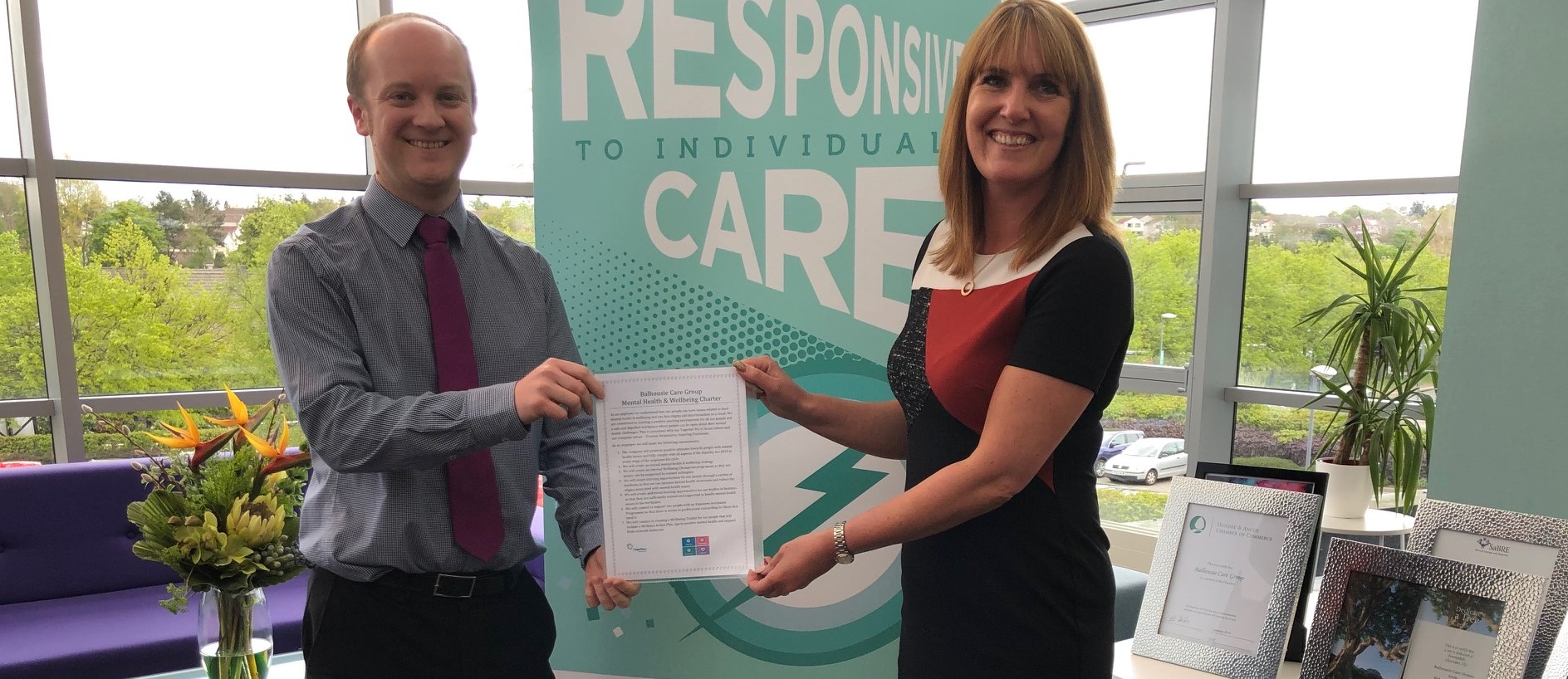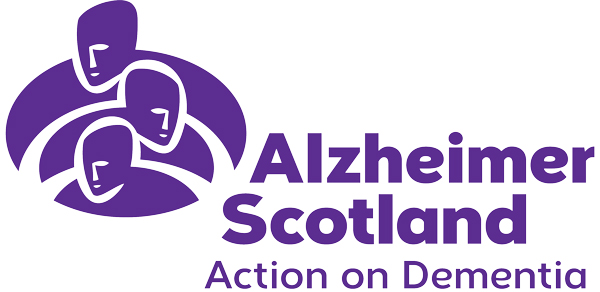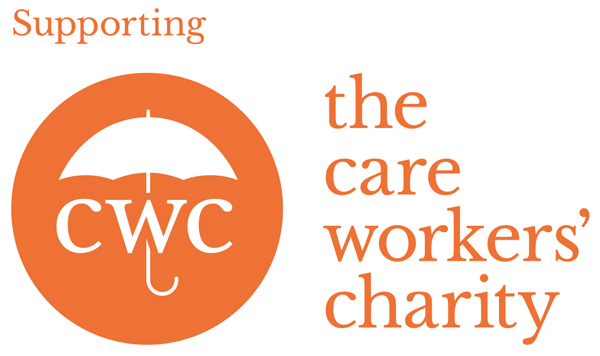
By Jamie Stewart, People Services Advisor, Balhousie Care Group
You can’t be a responsible employer today without being aware of mental health and wellbeing. We spend most of our lives at work. So if mental health is at crisis point, then by definition our workplaces have become potential pressure cookers.
The costs to Scottish employers, by way of absence rates and low productivity, are tangible: an estimated £2 billion annually, according to the Mental Health Foundation. But more worrying for employers is that workers are still not sharing their mental health problems – and businesses and organisations are failing to recognise the signs.
Unlike physical ailments, mental health can be silent, it can be unseen, it can be hidden. The triggers can be anything from loneliness to poor body image, as last week’s Mental Health Awareness Week showed. The stigma which still surrounds it can lead to a work culture that compounds the problem.
With this in mind, Balhousie Care Group have launched our very first Mental Health & Wellbeing Charter. It commits us to taking tangible action on an intangible issue. We’re pledging, among other things, to learning opportunities for mental health awareness, additional training for our managers, and an internal Wellbeing Champions programme that will provide peer-to-peer support. As one of our staff pointed out just recently, we have first aiders and first aid kits in the office. So why not have mental health first aiders too?
Of course there will be naysayers, both within our organisation and outwith it. That’s simply a fact of life when you’re dealing with something that doesn’t carry a physical scar. But this isn’t just a box ticking exercise, it’s a duty. We operate in the health sector. We provide care for vulnerable adults – more than 900 of them across 25 homes. Eighty per cent of our care home residents have dementia. So mental health is already all in a day’s work at Balhousie Care Group. To ignore it among our workforce would be hypocritical in the extreme.
We’re acutely aware, though, of the challenge we’ve set ourselves. Not only do we have to become our own detectives – spotting signs of mental health in co-workers, just as we are taught to do among residents in our homes – but we are battling a stigma that is deep and real. Only half of those who have experienced mental health problems have disclosed it at work, according to Government statistics. A survey by the Mental Health Foundation found that many people are not disclosing their problems at work. They fear it may jeopardise career progression, or that they will be victimised because there is a lack of clearly established staff and managerial protocols and procedures.
Great businesses look to the future. They ask themselves what their customers will need and want 10, 20, 25 years down the line and beyond. For us, the discussions are largely about how new technology will change the face of care homes, or how much more we can do to provide bespoke, individualised care. It’s time for us to ask what our employees will need and want too. If mental health is high on the cultural agenda – driving everything from smart phone apps to political manifestos, and being discussed everywhere from primary school playgrounds to Men’s Sheds – then our workplaces must adapt accordingly.
At Balhousie Care Group we’ve taken the first important step in our own journey. We encourage others to follow suit, so that employers everywhere will start treating mental injuries as matter-of-factly as they would a physical one.
- Jamie Stewart is People Development Advisor with Balhousie Care Group which operates 25 care homes and specialist care facilities across Scotland.
- Mental Health Awareness Week runs from May 13 to May 19.
- This article also appeared in The Herald newspaper.
Pictured: Jamie Stewart (left) with Karen Buchan People Services Manager at Balhousie Care Group.









